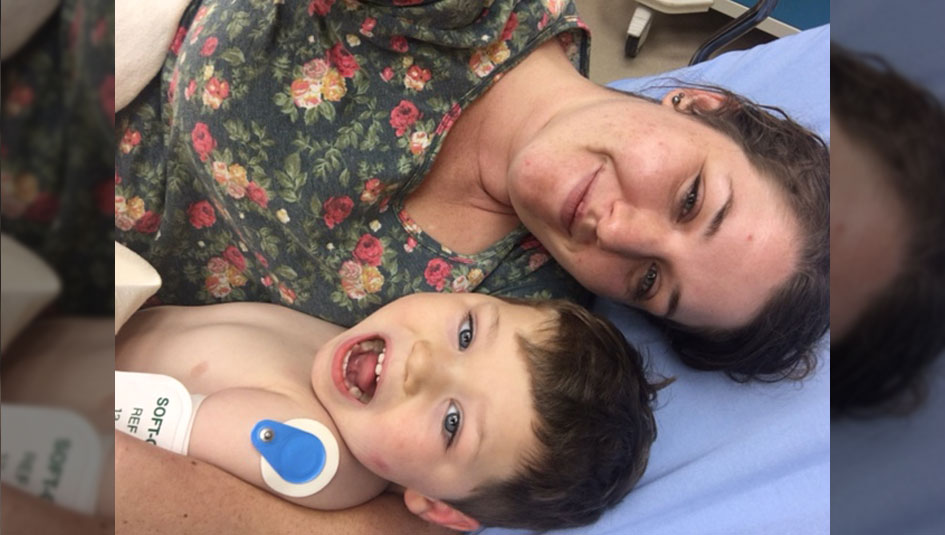How stress raises your blood sugar
For a person with type 1 diabetes, a stressful moment can send your blood sugar soaring, increasing it from 100 mg/dL up to 300 mg/dL

A severe argument, infection or physical injury, intense sadness, sudden shock, intense thrill (like a roller coaster ride), or even the fun of trying to score a goal in your championship soccer game can call for an increase in stress-related hormones which lead to an increase in your blood sugar.
Let’s take a closer look at these hormones.
Cortisol
Cortisol has a bad reputation thanks to mainstream media, but your body does need cortisol every single day in order to function. Without it, you would die just as you would die without insulin.
“Cortisol affects almost every organ and tissue in the body, but its primary job is to regulate how the body responds to stress,” explains Asha Brown, founder of WeAreDiabetes, who lives with Addison’s Disease — a condition in which the body produces zero cortisol and she must manage it with doses of synthetic cortisol.
Cortisol is essential for…
- Maintaining blood pressure and cardiovascular function
- Slowing the immune system’s inflammatory response
- Balancing the effects of insulin in breaking down sugar for energy
- Regulating the metabolism of proteins, carbohydrates, and fats
Just as your insulin must match your body’s precise needs throughout every hour of the day, your cortisol needs are very specific and change quickly based on what’s happening in your life, body, and mind!
Cortisol and Blood Sugar
In the morning, your body releases a surge of cortisol to help you start your day, explained the Society for Endocrinology.
So how does cortisol increase your blood sugar?
Quite simply, higher levels of cortisol blunt your body’s sensitivity to insulin.
When the source of your stress is ongoing and persistent on a daily basis, your blood sugars could be persistently high long-term unless you take action.
- You are enduring a divorce
- You have lost a loved one
- You are struggling with a demanding job
Without any cortisol, however, your blood sugar would actually struggle to stay high enough. You’d be perpetually low — or, as stated earlier, you’d likely die.
Severe low blood sugars actually deplete your cortisol reserves because that low is stress on the body, and requires a great deal of energy to endure.
“Everyone’s body creates extra cortisol when your blood sugar is low, it’s essential to your blood sugar coming back up,” explained Brown. “Cortisol plays a major role in blood sugar management, and it’s not often emphasized in type 1 diabetes management, and it should be.”
But during brief stressful moments, cortisol isn’t the only hormone contributing to those fast-rising highs.
Adrenaline & Glucagon
You’ve likely heard of adrenaline. It’s often used to describe those intense moments during a competitive sport or during something like a car accident. Adrenaline is part of your body’s “flight or fight” response to a sudden incident, no matter whether that incident leaves you feeling happy or sad.
Even a serious argument can result in a surge of adrenaline.
Adrenaline (also known as epinephrine) helps your body respond to stress by signaling to your liver to release the hormone glucagon, which then tells your liver to release glucose stored in your liver.
To endure the stressful event or emotion, your body is designed to use that extra delivery of glucose as fuel to…fight or flight.
As people with diabetes, however, we don’t make additional insulin to go along with that additional glucose, which means our blood sugar spikes very quickly.
Another Glucagon/Glycogen Role
Glycogen also plays a role when you are fasting. If you skip breakfast, your body is going to feel stress and counter that stress by releasing glucagon in order to give your body some glucose (fuel) to function all morning long.
Prevent or counter hormone-related blood sugar spikes
In many cases, there isn’t much you can do to prevent a sudden surge of stress hormones unless you stay at home and avoid life!
Ongoing long-term stress
Your stress hormones will only go back to a healthier level with a lower impact on your insulin needs if you disrupt the source of your stress.
Whether it’s therapy, making a big decision, changing your job, cutting someone out of your life, etc., taking action to change what’s creating that stress is going to make all the difference.
If it’s an injury, and it’s going to take a while to heal, then you know you’ll be increasing your background/basal insulin dose until your injury is fully healed.
But what if you can’t change the situation that’s creating your stress?
In that case, you’ll want to work with your healthcare team to adjust your insulin doses to match your body’s needs. This is inevitable. Your body needs more cortisol and adrenaline for this phase of your life. So that means it needs more insulin during this phase, too.
Sudden, short-term stress
There are a few things you can do.
The first is to recognize your high blood sugar and attempt to correct it with a correction dose of insulin.
But don’t be surprised if that correction dose has little to no impact on your blood sugar. If you’re trying to correct the high while you’re still facing the source of stress (like during an all-day athletic event), your blood sugar may not budge until the stressful event has finished.
Managing your blood sugar around stress can be simple or complex depending on the type and duration of the stress.
Check your blood sugars during and after stressful events — remembering that fun things can be stressful on the body, too.







